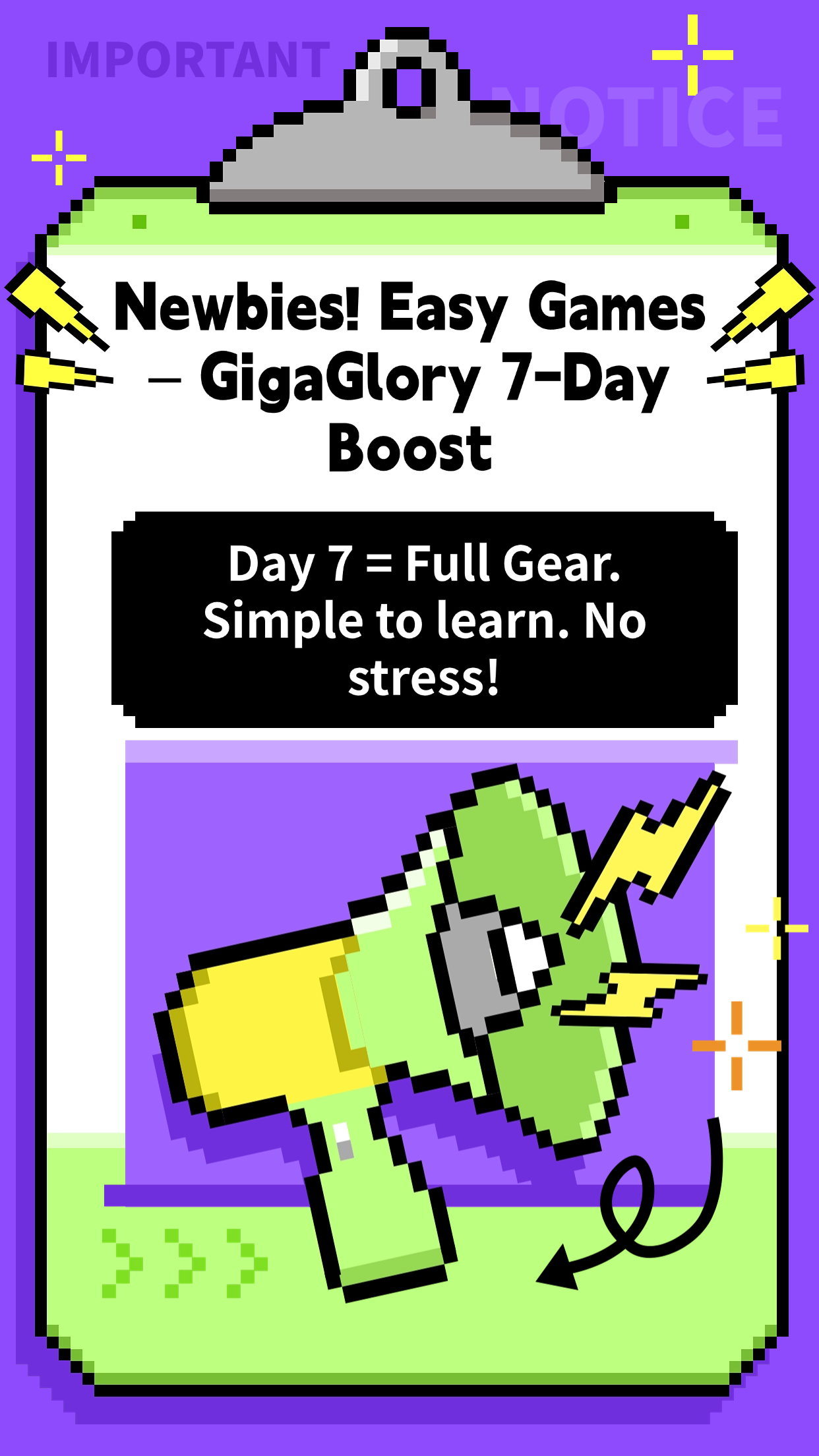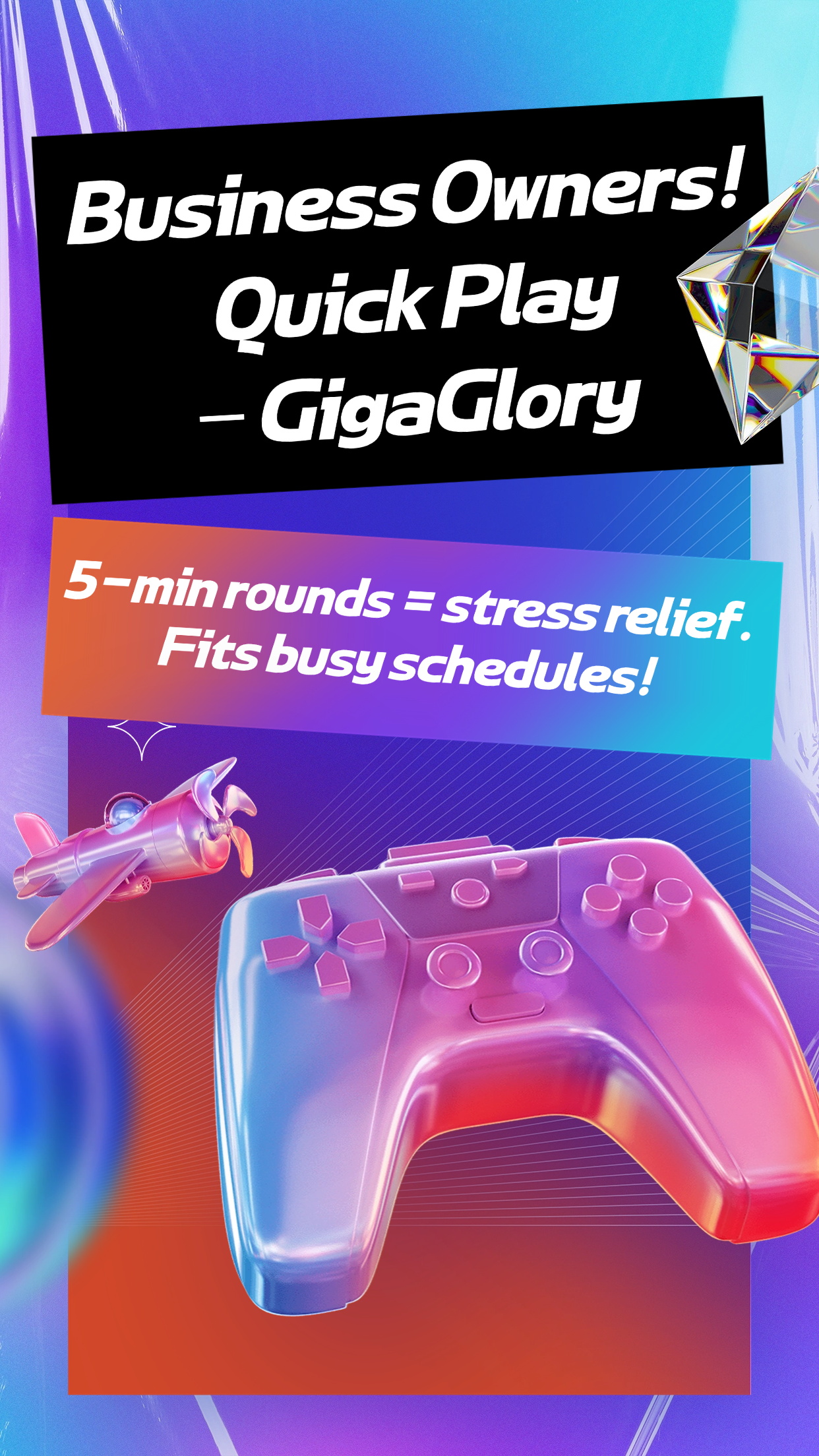Unleashing the Fun: How Multiplayer Games Are Redefining Social Interaction in the Digital Age
In recent years, multiplayer games have taken the gaming world by storm. They've changed the way people interact and socialize in ways we couldn't have imagined just a decade ago. With every click, every frame, a new social fabric is woven into existence. But what does this mean for us? Let’s explore how multiplayer experiences are reshaping how we connect with one another.
The Rise of Multiplayer Games
Back in the day, gaming was primarily a solitary endeavor. Gamers would sit in their rooms, controller in hand, lost in vibrant worlds of fantasy. Fast forward to today, and multiplayer games like Fortnite, Call of Duty, and Apex Legends have revolutionized gaming by allowing players to team up, compete, and connect. The shift from solo play to multiplayer engagement has been monumental, creating an ecosystem that thrives on collaboration and competition.
Social Interaction Redefined
The essence of multiplayer gaming isn't just about competition or collaboration; it’s about building relationships. With voice chat, in-game messaging, and social media integrations, players can forge friendships and connect deeply, regardless of geographic boundaries. The simplest act of team communication can lead to profound interactions. There’s something special about strategizing with someone halfway across the globe.
Multiplayer Games as a Social Platform
Many gamers use multiplayer platforms not only for the gameplay itself but also as a social outlet. Statistics indicate that over 40% of players claim that they make friends through these games. Players gather online not only to play but to chat, share experiences, and build communities. Game developers have recognized this shift, designing experiences not solely for competition but also for social interaction.
Fostering Inclusion and Diversity
One of the most remarkable aspects of multiplayer games is their ability to bring together diverse groups of people. Players from different genders, races, and cultures can collaborate, learning from each other’s unique experiences. This type of inclusivity is rare in other social scenarios and adds valuable perspectives to conversations and collaborations in-game.
The Psychological Impact of Multiplayer Experiences
Studies show that engaging in multiplayer games can have significant psychological benefits. The camaraderie and teamwork often required can lead to enhanced emotional well-being. It offers an escape, a way to alleviate stress, and it can even help combat loneliness. But there’s a flip side; the bonding can intensify feelings of belonging, contributing to an increase in social anxiety when not gaming.
Challenges: Technical Issues and the Community
While the benefits are abundant, there are challenges too. Issues like the battlefront 2 crash while loading into match can frustrate players during critical gaming moments. Moreover, the community aspect is not always rosy—toxicity and harassment can sour the experience for many. Game developers are working tirelessly to create safe spaces, but it’s essential for players to be aware of and report negative behavior.
Gaming Events and Tournaments: A New Social Venue
With eSports booming, gaming tournaments have emerged as celebrated events where players can congregate physically or online. These events build a sense of community, where fans cheer for their favorite players, share their passion, and celebrate victories together. From local LAN parties to global competitions, the multiplayer realm provides a stage for these social gatherings.
Multiplayer Games in Education
Interestingly, multiplayer games are also being embraced in educational settings. Teachers are utilizing them to foster teamwork and problem-solving skills among students. Gamification of learning through these interactive platforms can help keep students engaged while promoting crucial social skills.
Future of Multiplayer Games
The future looks bright for multiplayer gaming. As technology evolves, we can expect to see even more immersive experiences. Virtual reality (VR) and augmented reality (AR) are set to redefine what it means to play multiplayer games. Imagine playing in a shared virtual space, where friends can engage as if they were in the same room.
Multiplayer Games: A Global Language
In many ways, multiplayer games have become a global language. They allow people to communicate beyond words. Skills, strategies, and gameplay become the common ground that can connect even the most unlikely individuals. In a way, every match played is a conversation contributed to the vast tapestry of the gaming community.
Conclusion: Embracing Change and Connection
From the surge of multiplayer games to the rich social connections formed within, it's clear they are redefining how we interact in the digital age. We’ve witnessed deep friendships formed in the heat of competition and invaluable lessons learned in collaboration. As we navigate this landscape, it’s essential to embrace the positive aspects while addressing the challenges. The digital age is loud, bright, and ultimately more connected. Multiplayer games are not just games; they are a phenomenon that extends far beyond screens and pixels.
| Key Points |
|---|
| Rise of multiplayer games enhances connections. |
| Redefines social interaction and community building. |
| Inclusivity fosters deeper player interactions. |
| Psychological benefits, including stress relief. |
| Community challenges with toxicity and technical issues. |
| Gaming events create social venues for fans. |
| Education benefits from gamification of learning. |
Takeaway
- Multiplayer games have reshaped social interaction and connection.
- Community and friendships can stem from shared experiences.
- While challenges exist, the potential for positive impact is far-reaching.



